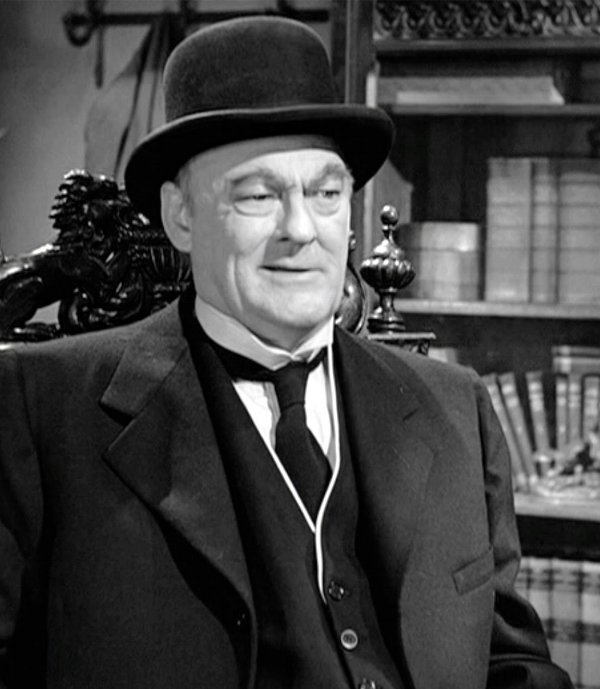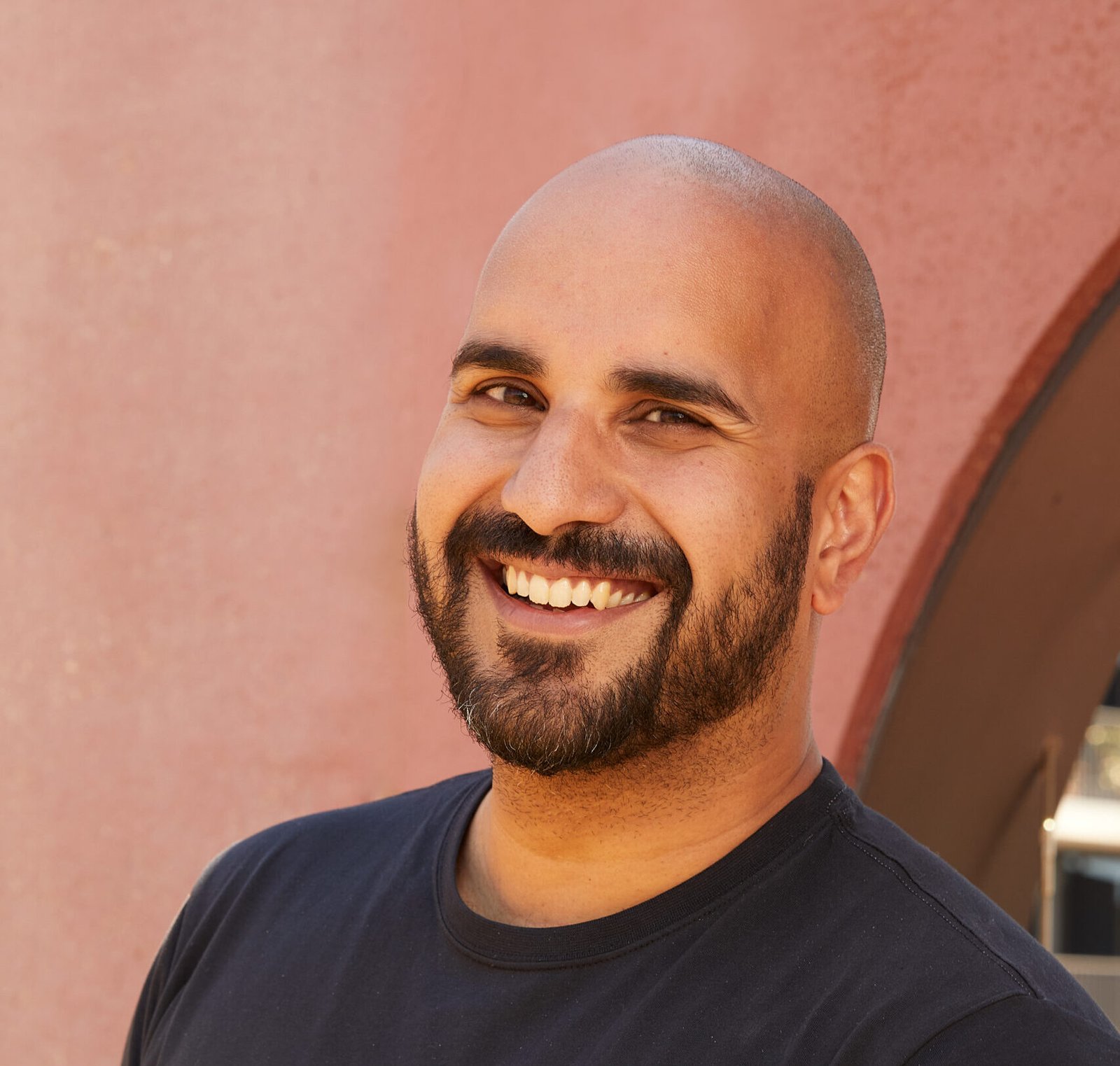Get In Touch
hello@untangld.co
Get In Touch
hello@untangld.co
Follow
|
LinkedIn

We use cookies to make sure you have the best experience on our website. Fear not, we don’t sell your data to third parties.


I used to have regular breakfast with a close friend, who devoured bacon every chance he’d get.
We’d be eating, his plate stacked with burnt pig, all fatty and crunchy, slathered in sauce; the eager num nums clearly meant the meal hit the spot, but I guess he was also mindful of his upbringing or something, so he’d always shrug and make some kind of exculpatory comment, like,
— I’m such a bad Jew.
As if the admission itself was forgiveness.
— Babe, I’d say. Most people are.
It’s easy enough to speak a faith, talk about it. To act on it is a little different (and usually less delicious).
Is there a person who would deny the role of great strategy in sharpening business? We can all say the words. To say otherwise would be heresy, not least when McKinsey serves 90 of the world’s top 100 companies, when in Australia alone it’s a $20bn business.
But you have to accept that to work with an organisation, come in as a newcomer, an advisor, is in part to examine the nature of that belief. To be a historian, an anthropologist.
You have to pore over old documents that were once proclaimed as truth and assess how useful they still are; whether they have informed the culture, or were just a temporary cult; whether you dare speak the names of long-gone deities (the oracles of Deloitte, the Bain prophesies, etc.). Perhaps the world has changed.
Bad advisors would come in and pin their mantras to the wall with a knife, proclaim THIS IS THE NEW TRUTH, but I believe it’s worth having a level of respect for what’s gone.
Whether that ESG strategy still means a thing in a high-interest-rate economy.
If Simon Sinek is to be considered to be heretic, or visionary.
A respect as we dally on purpose-driven brands, wonder whether whether we double-down on our core proposition or chase revenue elsewhere; deconstruct the levers of growth, again; contemplate the fates of our most valuable audiences.
I’ve unearthed old dog-eared copies of How Brands Grow, clutched by seasoned CMOs to the last, embittered by their lack of budget to build mental availability; others still who deny it all, because Byron Sharp was once rude to them on Twitter. Life comes at you fast.
The average tenure of a C-suite leader is short. With such frequent purges, much great thinking is lost. Strategies are wasted. Effort goes nowhere.
@Danish tells me stories of encountering the strategy documents of predecessors in the wild, thick brand bibles gathering dust while being used to prop open doors, hold open windows, or as literal paperweights.
This is a problem — not because there is only one way to win, but because there are a thousand wrong ways. Because we know success is rarely accidental, does not happen in a vacuum, requires stellar thinking executed superbly; thinking that could be life-affirming, business-changing, world-altering. Thinking that gets us to the win.
Standing still is not an option. After all, ‘companies don’t die from external forces. They just commit suicide.’
Hell is inertia.
Are things $20bn better?
It doesn’t matter how many consultants you pay, or how many smart people work in your team. Change requires behaviour.
I’ve heard a thousand reasons why great thinking never makes it past the words on the page: lack of resources, or too many (complexity of execution); not enough commitment or buy-in, or too much (too many cooks); not enough budget, or so much budget you can afford to waste it (Kendall Roy effect).
I’ve heard these reasons and I don’t believe them because I’ve seen willing people overcome them. And I don’t think that is really a question of context or competence, but a matter of faith. You don’t mess around if you truly believe in something. The reason strategy often doesn’t change business is for the same reason that good advice often doesn’t change your life: you need to believe in your bones that it’s possible.
If I believe I love you I’m going to act. If I believe the market is going to crash, I’m going to stuff my portfolio into my mattress. If I believe Jesus is coming, I’ll look busy and virtuous.
Strategy becomes peripheral and performative when we don’t believe it needs action to make change. Implementation needs zealots, at least one; it needs routine and ritual to remind us of what we believe. It needs the scripture to be spoken or it will be forgotten.
Fundamentally — all organisational change comes down to wanting the outcome, instead of being happy to worship the process.
That’s why the major religions were never really about today, or yesterday. They’re about the promise of what’s next — rebirth, afterlife, etc. If you’re dropping $$ on strategy, ask yourself a simple question:
What is different if I do this, or now that I’ve done this? What makes tomorrow different? What changes around me? What changes in me?
Good strategy is clear and actionable, creates new destiny.
Truly believe: don’t let tomorrow be the same as yesterday.








→ A proven business leader to some of the world’s most innovative and successful B2B and government brands including AGL, CommBank, WorkSafe and the BBC. Jamal’s multifaceted experience includes the practical application of insight into meaningful growth strategies, processes and digital products. From start-ups to blue-chip businesses, he’s helped launch ideas, scale teams, revitalise systems, and worked with business leaders to level-up their models and approach to brand experience.
